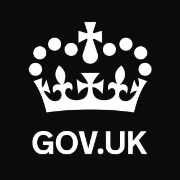Cowper’s Cut 288: All the sevens: 7.7 million RTT backlog; a £7 billion deficit - it’s a full house for 10 Downing Street’s Winterval oblong table summit

Another 100,000 join England's RTT waiting list, as yet another new month-on-month record high is hit
Another month, another 100,000 people join the English NHS's RTT waiting list. This takes it to another 'all-time high' of 7.7 million.
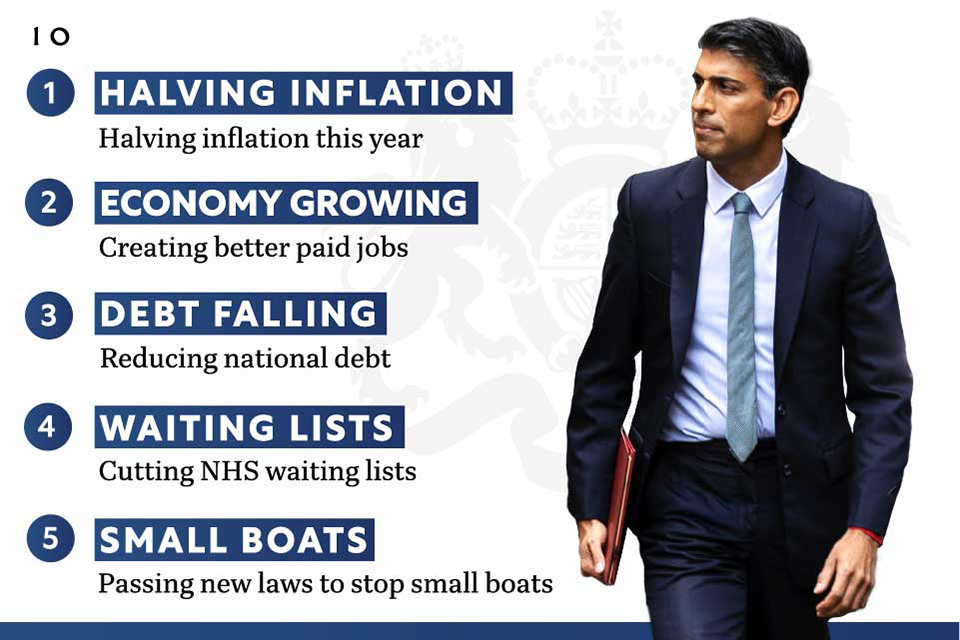
How did Prime Minister Rishi 'The Brand' Sunak celebrate this official cremation of his NHS pledge?
By releasing this none-more-Alan TikTok-style social media video. Really, it just lacked the 'a-ha!' that would have made it perfect.
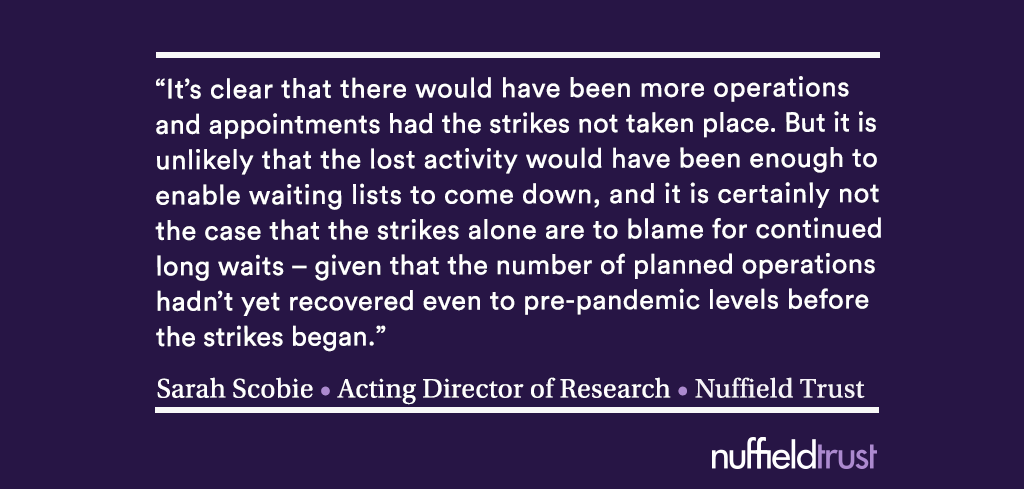
In this camp classic, the PM again gamely tries to blame the strikes for the failure of his pledge: the Nuffield Trust have already pointed out that this is not really the case, and re-stated it again this week.
Oncoming NHS winter crisis? Number 10's Winterval PR oblong table 'summit' can fix that
'Cut' readers will be immensely relieved to hear that this year's NHS winter crisis has officially been cancelled.
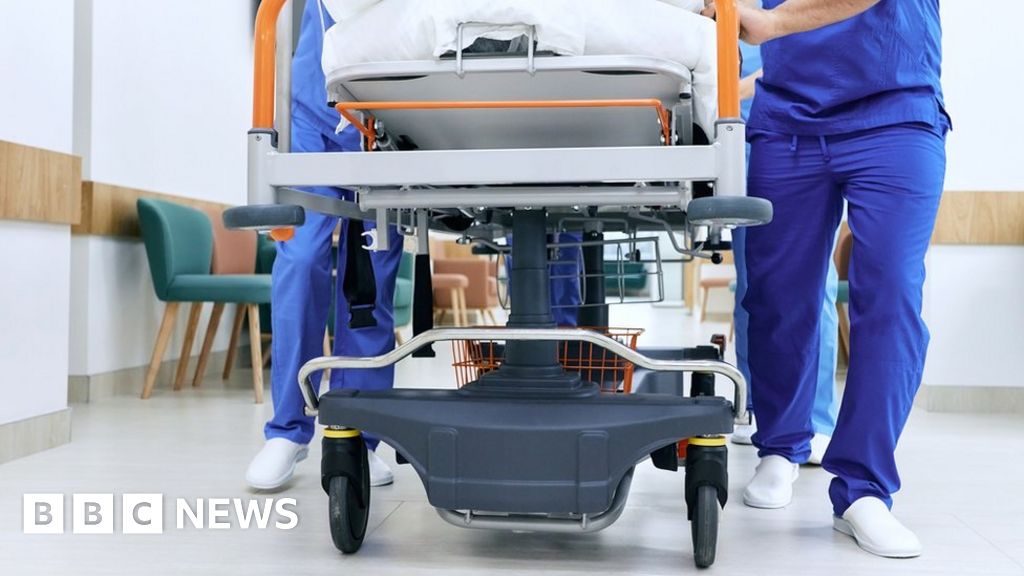
This miracle has been achieved not by an increase in management capacity and capability to co-ordinate preventative care, emergency access and hospital flow, but by a Winterval oblong table 'summit' in 10 Downing Street held on Wednesday afternoon.
Critically, this 'summit' was attended not only by Secretary Of State For Looking Baffled Steve 'The Banker' Barclay, but also by the PM. BBC News reported that "speaking ahead of the meeting - which will include senior doctors - PM Rishi Sunak said he wanted to bring together "the best minds" to plan for winter".
"The best minds"? Reassurance falls on reassurance! This is almost as great as the PM's "really, really good plan in place to bring all those numbers down ... being a bit clever about how we do things”, from all the way back in June.
NHS England's chief executive Amanda Pritchard is also being allowed to attend. Amanda will be wearing black, as usual: presumably in mourning for her career.
It is worth remembering the PM's promise back in January:
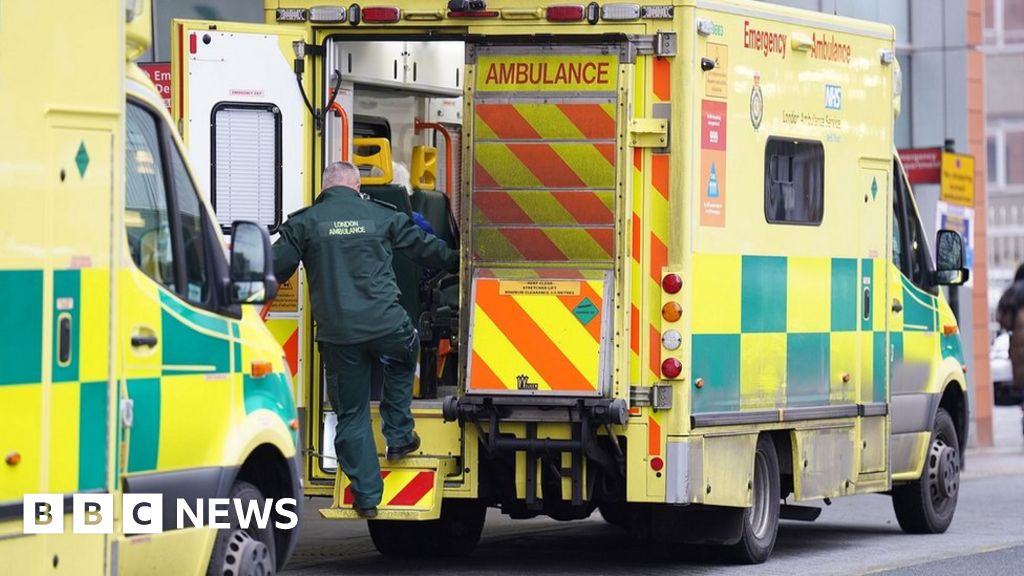
that "5,000 new beds will boost capacity by 5%, while the ambulance fleet will increase by 10% with 800 new vehicles" in a "£1 billion investment set out in a joint government and NHS England two-year blueprint".
Don't mention the (ahem) questionable maths used to reach the figure of 800 new ambulance vehicles, as opposed to 51, eh?
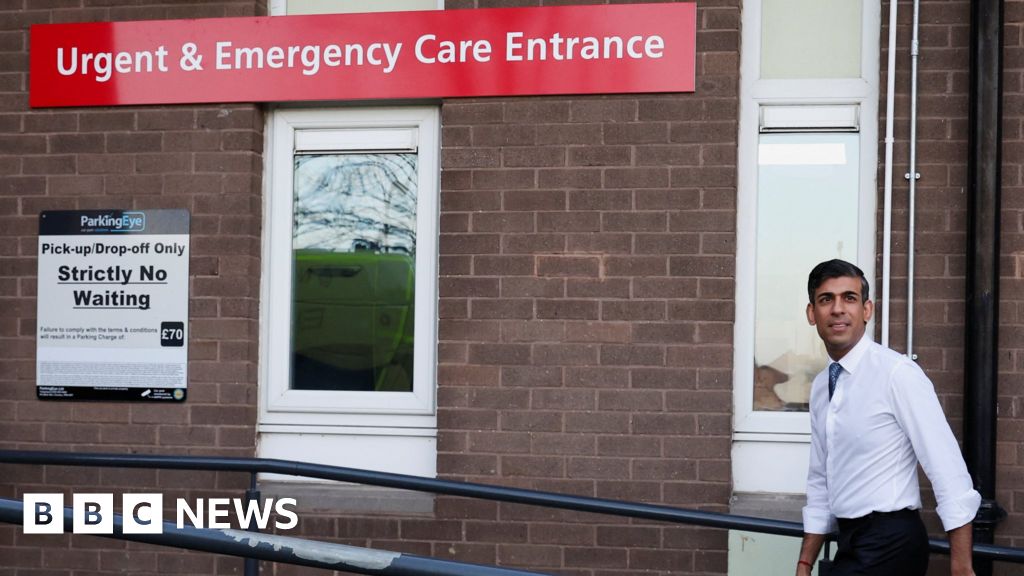
Just last month, promise piled up on promise:

Rising heroically above his resting baffled face, The Banker tweeted, "an insightful meeting today with Rishi Sunak and NHS and social care leaders about our planning for winter. Crucially, we discussed how we can harness all the resources at our disposal to tackle waiting lists and improve services in the months ahead."
It was an interesting judgment call not to invite the Royal College of Nursing to the Winterval oblong table summit: they're not even on strike any more. Or has the 10 Downing Street operation noticed? Julian Patterson's latest Health Service Journal column on the winter nonsense is a masterpiece of a takedown.
Meanwhile, back in The Real World, the Sunday Times' Shaun Lintern observed that 'Opel Four'/'Black Alerts'/'Business Continuity Incidents' and suchlike euphemisms for the brown stuff hitting the rotating object are already widespread, in mid-September.
On the actual afternoon of the Downing Street 'Summit', Shaun noted that "on Monday night at Derriford Hospital, Plymouth there were 21 ambulances waiting. One patient waited at least 45 hours for a medical bed, another mental health patient waited 95 hours +. Six hour wait to see a doctor and 3 hour wait to be triaged".
Iron while the strikes are hot
The Shelford Group wrote this open letter to the PM and BMA Chair of Council Dr Philip Banfield warning of the dangerous consequences for patients if the strikes persist. As sure as omega follows alpha, one open letter begot another: Dr Banfield's reply is here.
Manchester's £100 million financial target miss, as consequences of NHS England's incentivising financial lying come home to roost
Health Service Journal's keen-eyed Henry Anderson spotted that Greater Manchester ICS is spectacularly off its financial plan, in Month Four of 2023-24.
To the tune of £100 million. They planned to be £20 million in deficit: they have hit £120 million.
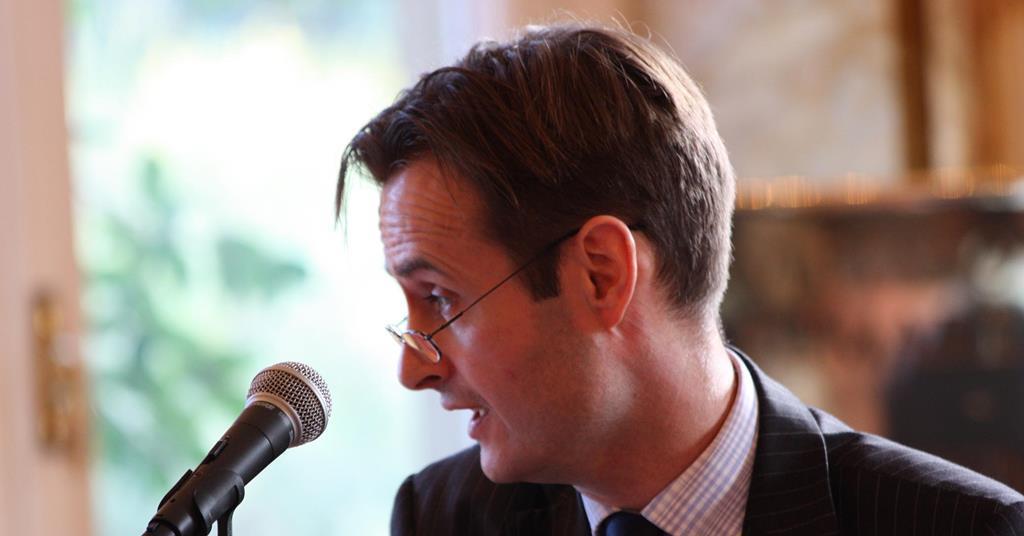
This is utterly shocking. Who among us could conceivably have foreseen that NHS Egnland's deliberate and public incentivising financial lying resulted in the production of financial plans that were an unachievable blend of fiction and mendacity?
It's Barclay-level baffling. West Yorkshire ICS's latest board papers also are frank about its being in financial trouble, again spotted by Henry.
The Nuffield Trust's NHS finance mainstay Sally Gainsbury told the Observer that “the English NHS faces an almost impossible struggle to balance its books and cover the costs of care this financial year, as a result of the government’s desire to squeeze its budget back down to the levels expected before extra spending during Covid.
“Official figures suggest the service was already on track by the end of May to overspend its budget this year by around £2 billion. That figure may well worsen throughout the rest of the year as the cost of covering striking doctors at premium rates ratchets up.
"In addition, the NHS as a whole is currently looking at a budget for next year which is some £7 billion smaller than its current rate of spending.”
Horses have bolted? Close that stable door EVEN HARDER!
Despite the fact that the entire Countess Of Chester leadership team who made what seem to have been the dreadful decisions in the case of their paediatric nurse serial killer were regulated professionals, debate about regulating NHS managers is the health policy placebo effect of the moment.
It may be the right thing to regulate managers, but it will be neither quick nor uncomplicated.
In the short term, it is very clear that regulating managers will not turn around the plethora of problems facing the NHS in the short term. (Nothing will make a short-term difference, in The Real World.)
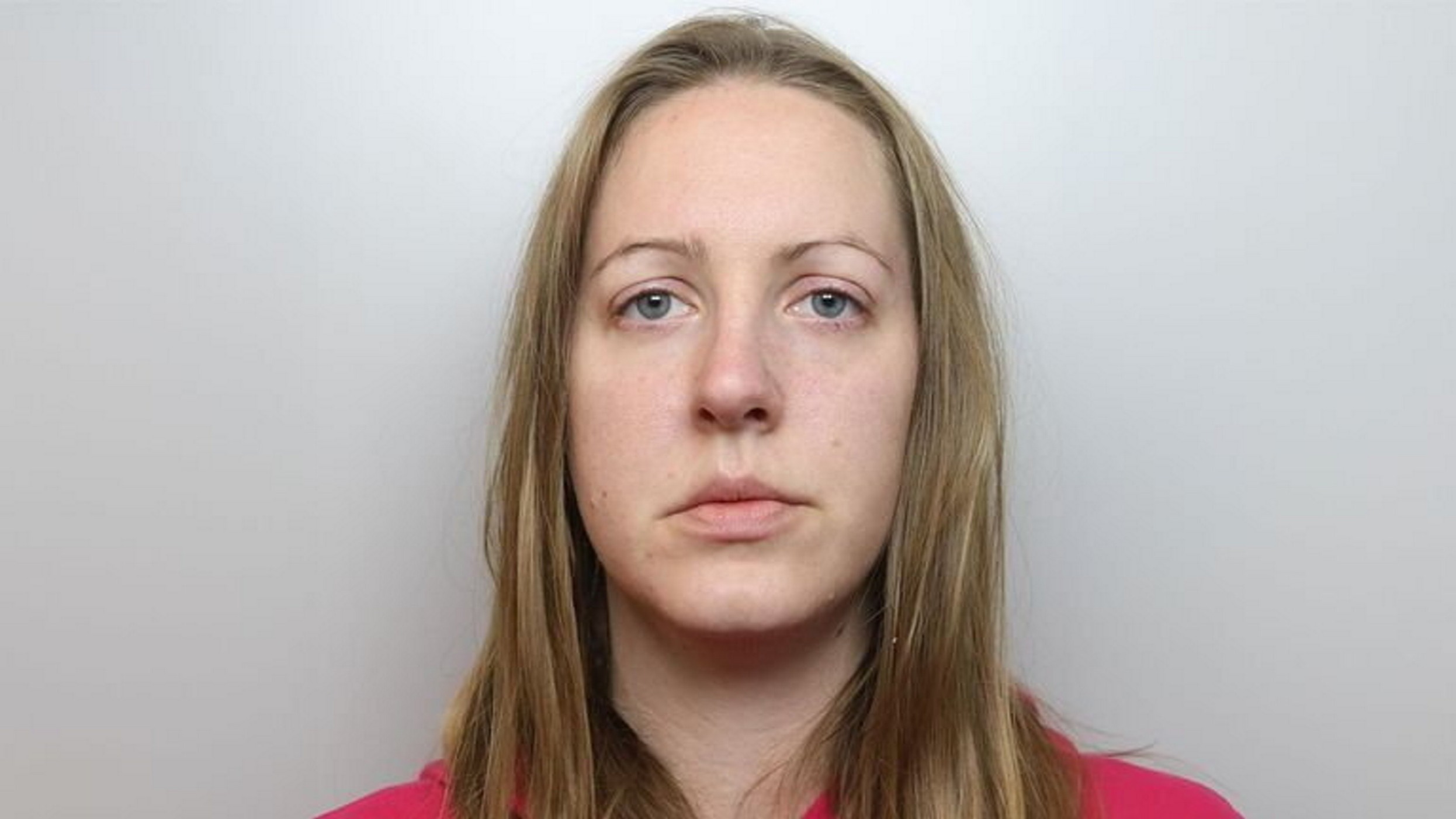
Labour's shadow Health Secretary Wes Streeting announced that he will pursue regulation of managers in a letter to the leaders of NHS Confed and Providers, which he shared with the Financial Times.
The real pink paper also picked up on Steve 'The Banker' Barclay's MPs comments this week to MPs that the government-commissioned Kark review, which examined a Fit and Proper Person test for board members, had in 2018 recommended powers to disbar directors found guilty of serious misconduct.
But our baffled-looking leader said the NHS had decided other proposed changes “mitigated the need to accept this specific recommendation on disbarring. In light of evidence from Chester, and ongoing variation in performance across trusts, I have asked NHS England to work with my department to revisit this”.

As rewrites of history go, it's an interesting one. Members of the Paying Attention Community may remember that in then-NHS England chief executive Simon Stevens' March 2021 evidence to the Commons health select committee, he was in favour of regulation.
The area of regulating NHS managers was not in fact within the NHSE remit at that time: this was an NHS Improvement (Monitor/TDA, in the old money) responsibility. There is an organisational memory among senior figures from that era that NHSI chair the noble Baroness Harding of Winscombe and secondee Andrew Morris looked at the area, without any notably clear outcome or output.
A third of UK medical school students plan to quit within two years of graduating
BMJ Open's paper 'Career intentions of medical students in the UK: a national, cross-sectional study' reported on the findings of largest survey of its find: that a third of UK medical students plan to quit the NHS within two years of graduating.
Students' reported intentions are either to practise medicine abroad, or abandon the career medicine altogether. Factors driving this discontent included poor pay, work-life balance and working conditions of doctors in the UK among those students reporting that they intend to emigrate to continue their medical career.
Those planning to quit medicine altogether cited the same reasons, with nearly 82% of them also listing burnout as an important or very important reason.
Sexual harassment in surgery
The results of a survey on sexual harassment of femaile surgeons have by the University of Exeter, the University of Surrey and the Working Party on Sexual Misconduct in Surgery have been shared with The Times and BBC News.
The study (commissioned by the independent Working Party on Sexual Misconduct in Surgery and supported by the Royal College of Surgeons, Health Education England and the Association of Surgeons in Training) found that nearly a third of female NHS surgeons have been sexually assaulted by a colleague over the past five years.
The Times reports that "almost 90 per cent of women and 81 per cent of men had witnessed some form of sexual misconduct at work over the past five years ... an overwhelming majority of female surgeons had little or no faith in their NHS trust, the GMC or the Royal Colleges to protect them".
It is dispiriting but vital to see the grotty power dynamics in the still-male-dominated field of surgery exposed in this way. Writing to The Times about the piece, retired consultant Dr Peter Hilton contributed thus:
"Sir, This “snowflake generation” of young doctors, largely female and selected on mainly academic excellence, clearly did not do their homework. Medical training and practice is brutal and demanding, with long hours, and bullying happens. Sexually inappropriate comments and actions do occur. It is stressful. All I can say is that if they want to make a success of this rewarding career then they should toughen up. Perhaps four A*s at A-level are not the answer to all the problems they will face.
Dr Peter Hilton
Consultant anaesthetist/intensivist 1986-2020; Haverfordwest"
Congratulations to Dr Hilton: he has inadvertently set the cause of outing gross sexism in surgery ten years forward.
First COO-coup of autumn - Sloman (go slow, man)
In last week's column, I noted the HSJ story about Glastonbury hero and erstwhile NHS England chief operating officer Sir David Sloman going straight off to be a paid advisor to virtual ward firm Doccla.
We do live in interesting times, don't we? NHS England's national directors used to have a six-month contractual 'cooling-off' clause in their contracts, which was certainly followed up in a couple of cases. It is notable that this doesn’t seem to be the case with Sir David, their last COO … or the relevant contract clause is there, but is not being enforced.
If so, why?
The Alan comeback/comeuppance
Apparently, it's bad to say of The People's Partridge that "camel penis eater Hancock is discovering you sometimes need to have talent to achieve fame”. Press Gazette reports that Alan won an IPSO case against the Mirror about his alleged abandoning a search for an agent (after losing a string of previous cases against the paper).
Thanks to HSJ editor Alastair McLellan for the heads-up on this.
Alan's 'Celeb' SAS TV nonsense is next up: starting on Tuesday, doubtless it'll be 'event TV'. (If you think that I'm missing some Alan activity, do let me know: he might be mutating into a new strain of Partridge19, and we need to be prepared.)
Recommended and required reading
Frontier Economics' new report suggests that the cost of preventable cancers in the UK will rise from £78 billion in 2023 to £1.26 trillion by 2040: these seem very large numbers ...
The new IPPR/Carnall Farrar report 'For Public Health And Public Finances' is accompanied by this slide deck.
Fine piece on strategy by Richard Taunt for NHS Providers.
Cori Crider's Guardian piece on NHS data, the Federated Data Platform and Palantir (COI declaration: I am on Palantir's health advisory panel: a paid role).
Anonymous-quote-heavy piece by Shaun Lintern for the Sunday Times on the DoctorsVote movement winning BMA internal elections.
Times article on the Biobank project.
Former Countess Of Chester CE Dr Susan Gilby (who is now suing the trust) gave this interview to the Boris Johnson Fanzine.
The Private Health Information Network's latest market update outlines key trends in the independent healthcare sector: "see how admissions are continuing to grow in 2023, and more".
